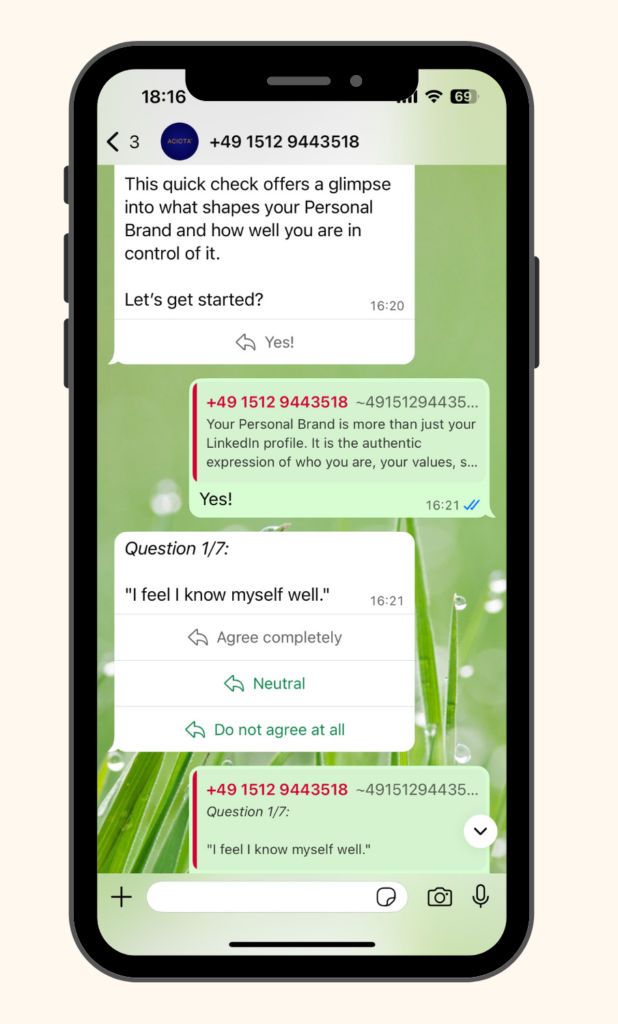Your first job is an important milestone in your career. It’s also one of the most challenging: you have to prove that you’re ready for a professional role but still need some training and experience. In this article, we’ll show you how to pick and target your first employer and ensure it’s right for you — even if it doesn’t appear like it at first glance.
Don’t assume that all companies are alike; it’s important to research each company you’re interested in applying to
- Different companies have different structures and environments, which can make a big difference in your experience there. For example, a small startup may be more flexible than a larger corporation; an agency with multiple departments might offer more opportunities for cross-functional work than one focused on one specialty; and some organizations have very specific goals, while others are more open-ended by design.
Ask yourself which industry, work environment, and company culture appeal most to you
As you begin your search, it’s important to consider the environment you want to work in. The type of company culture and structure can have a huge impact on your happiness and productivity as an employee.
Look for companies whose values align with yours. If you like working in a start-up but aren’t as interested in being part of a larger corporation, look for smaller firms offering more flexibility and opportunities for advancement. On the other hand, if stability is important to you or certain benefits are associated with working at larger companies (such as retirement plans), consider applying to big multinational firms worldwide.
Consider companies that are known for their employer brand and reputation
Companies go out of their way to showcase their cultures to attract top talent and create a positive impression among potential hires.
Good places to start understanding the company include:
- The company website and social media profiles (e.g., LinkedIn). Look at how they present themselves as an employer–what kind of culture do they have? Are there any photos or videos on the site showing employees at work? If so, what are they doing? How many people are involved in each project? Does it seem like fun or hard work?
- News articles about recent expansions or awards won by this particular business entity; these will give insight into its overall health as a business entity which may be useful when deciding whether or not this would be a good fit for both parties involved (i..e., yourself).
Look for an organization that is actively seeking candidates like you
When searching for prospective employers, look for companies hiring in your field and level of experience. If you’re fresh out of college and looking for a job as a front-end developer, but all the listings are for back-end developers with five years of experience, then it’s safe to say that this company is not interested in hiring entry-level employees–at least not at this time.
Make a “call”: use your network, directly approach the company, and apply for open roles
- Use your network. Use your contacts to get in touch with someone at the company you’re interested in and ask them about their experience there. This can be as simple as asking an acquaintance from college if they know anyone who works at the company.
- Directly approach the company by sending a cold email. If none of your friends or colleagues have worked at this particular firm before, then it’s time for some direct outreach! Find out who does what on LinkedIn (or Google) by searching for people with titles that interest you or who work in HR, and then reach out directly via email asking for a quick call or a coffee.
- Apply for open roles on the company website. Most companies will post openings directly on their websites where they want applicants’ resumes sent–just make sure these jobs seem reasonable given what kind of experience level is
The first step is to decide what kind of company you want to work for. Are you interested in finance or marketing? Do you want a big firm or a small business? You should also think about things like salary and location–remember: your first job might not be your dream job, but it can set you up for great career success if you pick the company that aligns with your values and principles.






